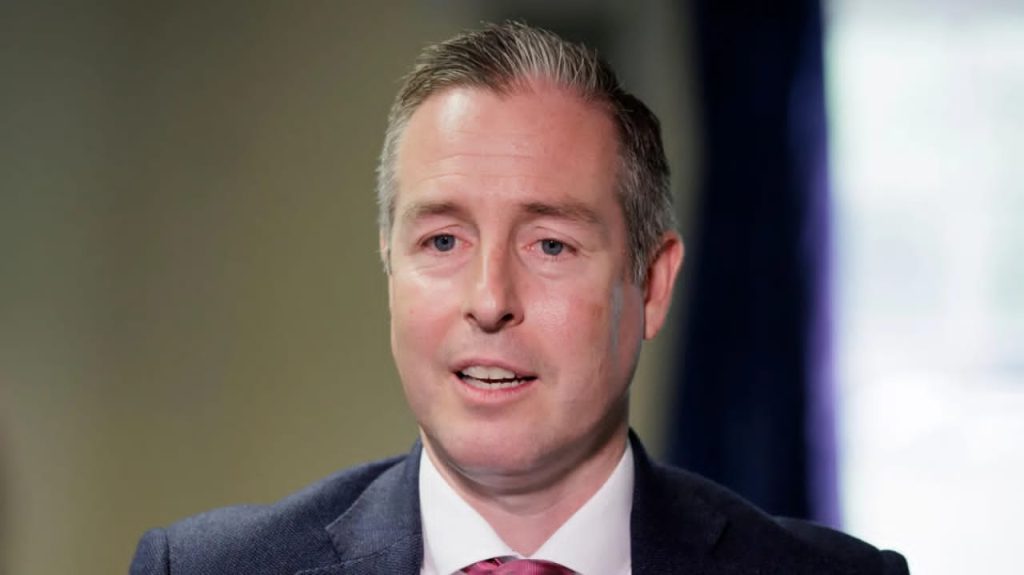By Eniola Amadu
Stormont’s Education Minister, Paul Givan, has said girls have the legal right to demand their schools to let them wear trousers.
He disclosed to the MLAs on Stormont’s education committee that his own daughters wore skirts to school.
However, Sinn Féin MLA, Cathy Mason challenged the minister for not supporting girl’s right to wear trousers, saying “Why won’t you stand up for young girls and allow them to wear trousers to school?”
In response, Givan said “I absolutely am standing up for young girls and if they want to wear trousers for school they actually now have more legal authority to make the case.”
He added that new bills on school uniforms propose schools to “legally have to ensure that they listen to their pupils’ voices.”
“I’ve three daughters, they are all at school wearing skirts” He said.
He revealed he had no authority over it but supported girls to challenge their schools.
Mason noted that the new law had not given girls the right to wear trousers.
Expressing her concerns on the biological differences in girls, she said “Say they’re going through a very heavy period, they risk the embarrassment of having a leak, they could have their stomach bloated to twice its size, they could be miserable.”
She added that “The fact that they could wear trousers could make life much better for them.
“You had the power to make sure that they would be able to do that, but you chose not to do it.”
Meanwhile, members of the Northern Ireland Assembly’s education committee have begun an inquiry into how services and support for children with Special Educational Needs (SEN) are being delivered.
Givan acknowledged that 50 children had been unable to begin school because their classrooms were not yet ready.
However, he said both his department and the Education Authority (EA) had made “significant progress” in expanding school places for SEN pupils.
According to the minister, 242 new specialist classes have been established within mainstream schools, alongside building projects to create additional places in special schools.
“This is a huge achievement, but of course it’s not enough,” Givan stated.
He emphasised that around £1.7bn would be required over the next decade to fund new schools and classrooms for SEN pupils, noting that the executive, not just his department — would need to provide that funding.
Givan also said that reforms were needed to the current model of one-to-one classroom assistants, citing research suggesting that the approach “does not deliver the best outcomes for most children and can even be detrimental.”
The minister highlighted that spending on SEN had risen sharply from £250m to £650m over the past seven years but argued that this increased investment had not yet led to a significant improvement in outcomes.
“That is a huge increase in spending on Special Educational Needs without, it would appear, any material impact to reflect the level of investment,” Givan said.



